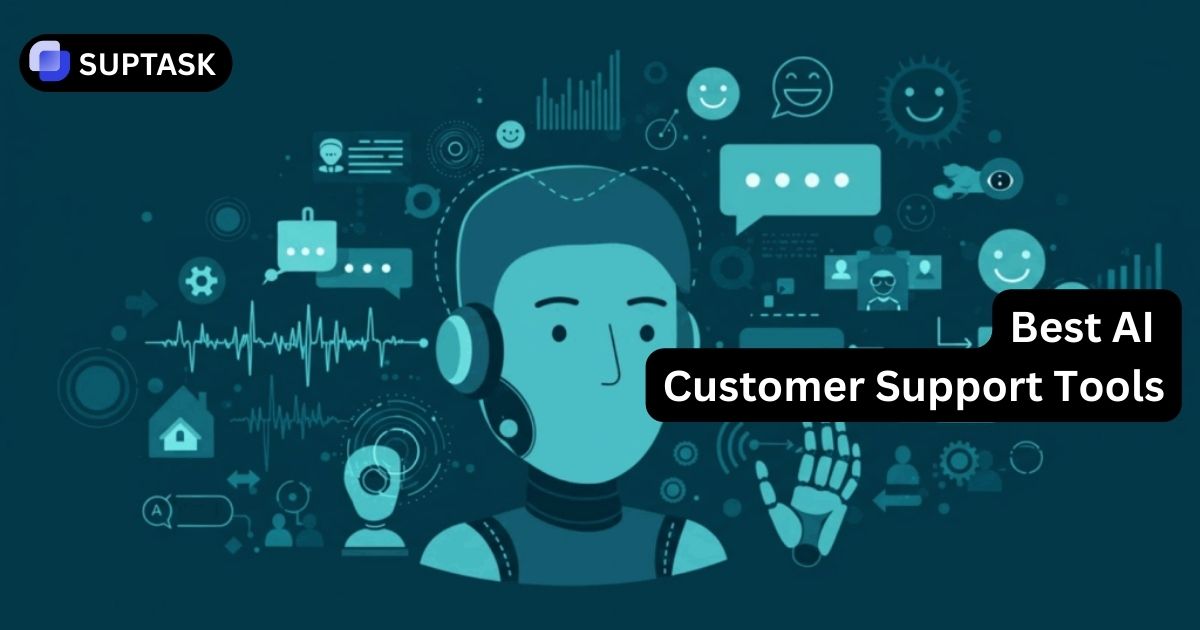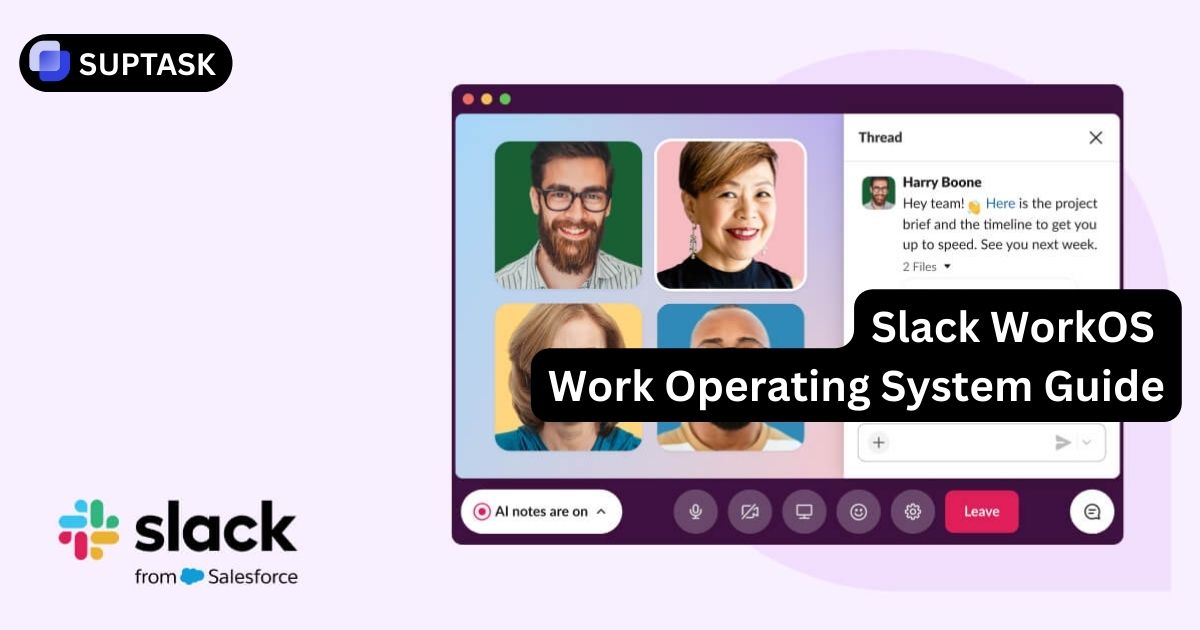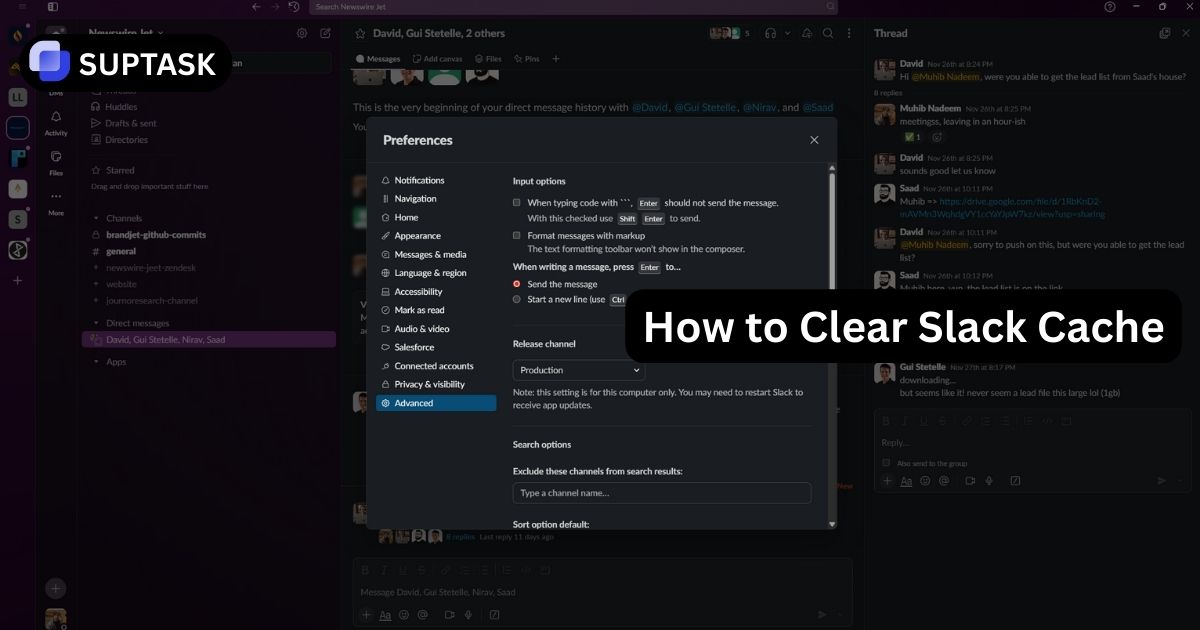Looking to improve your project’s success rate? A project management methodology provides the structured frameworks you need.
Key Takeaways
- Project management methodologies enhance efficiency, performance, and communication, tailored to various project needs and industry demands.
- Popular methodologies: Waterfall, Agile, Scrum, Kanban, and Lean, each suited to specific project types and environments.
- Choose a methodology based on project complexity, flexibility, value delivery, and goals, supported by tools like Monday.com.
Understanding Project Management Methodologies

Project management methodologies are diverse tactics used in project management that furnish the team with a comprehensive framework, supplying tools and guidance to enhance productivity and results.
These methods introduce essential organization and discipline, maintain consistency, assure quality, foster proficient communication, and adjust nimbly to evolving needs.
These frameworks are designed to suit an array of project necessities, accommodating the unique dynamics within project teams and specific industry requirements.
They assist in establishing lucid communication channels, setting clear expectations for stakeholders involved, and delineating a strategic plan for realizing the objectives of any given project.
Definition and Importance
The methodology of project management encompasses a set of practices and guiding principles that streamline the structuring of projects for optimal outcomes.
This approach includes a consistent sequence of actions designed to foster teamwork and uphold superior quality in project execution.
Enhancing operational effectiveness, staying within budgetary constraints, and improving the caliber of end products are the core objectives behind every project management strategy.
Benefits of Using a Project Management Methodology
Utilizing the correct project management methodology is key to maximizing efficiency in both time and resources, thereby ensuring project success.
When a project manager implements lean project management principles, they aim to enhance productivity, elevate quality standards, and uplift team morale.
Embracing an appropriate management methodology can significantly boost an organization’s ability to achieve successful outcomes by offering a structured strategy to meet specific project goals.
Popular Project Management Methodologies
.webp)
In the realm of project management, various methodologies are acknowledged for their effectiveness in various contexts.
The following represent some of the most widely embraced project management methods, commonly called project management methodologies.
- Waterfall
- Agile
- Scrum
- Kanban
- Lean
Waterfall Methodology
The Waterfall methodology prioritizes comprehensive planning, adopting a methodical and step-by-step process to ensure that tasks are completed correctly on the first try. This approach is divided into six distinct phases:
- Collection of requirements
- Design of the system
- Execution of implementation
- Conducting tests
- The act of deployment
- Ongoing maintenance
Perfectly tailored for initiatives with static and thoroughly specified requirements where changes are few or non-existent, Waterfall project management shines in industries such as construction, manufacturing, and specific segments within the software development realms.
However, its rigidity may pose project management challenges when unforeseen mid-project modifications arise.
Agile Project Management
Agile project management methodology emphasizes a flexible and cooperative strategy. It focuses on rapid cycles, heightened productivity, effective process flows, and the capacity to adjust readily to evolving demands.
This method, including agile project management, proves especially beneficial in rapidly changing sectors like software development and video game creation, where requirements are prone to frequent shifts.
Agile is particularly apt for managing complex projects that encompass numerous uncertainties.
It guarantees consistent value delivery and maintains ongoing involvement from stakeholders throughout the project.
Scrum Framework
The Scrum methodology is designed for small teams and emphasizes brief, targeted meetings, iterative sprints, and ongoing improvement.
These sprints span a period of one to four weeks. A Scrum Master guides the team through this process and conducts sprint retrospectives that assess performance to foster continual enhancement.
Such an approach is particularly well-suited for technology startups and software companies.
Kanban Methodology
Kanban is a project management methodology that employs a Kanban board to graphically display tasks, thereby offering an explicit visual representation of the state and advancement of a project.
This approach excels at pinpointing bottlenecks, streamlining workflow, making task visualization clear, and cutting down on inefficiencies. It has proven particularly beneficial in IT, operations, and service delivery.
This method bolsters team productivity and sharpens focus by constraining the number of tasks undertaken simultaneously while promoting work based on ongoing demand or ‘pull’ from subsequent stages.
Lean Project Management
Lean project management, a methodology pioneered by Henry Ford and Toyota, focuses on eliminating waste and maximizing value.
It centralizes around increasing efficiency and productivity and simplifying processes to enhance operational flow.
Widely embraced in numerous sectors, including manufacturing, construction, education, and software development industries.
Lean principles are implemented with an emphasis on the efficient delivery of value.
Hybrid and Adaptive Methodologies

Combining traditional and agile practices, hybrid and adaptive methodologies offer the adaptability to tackle unexpected obstacles and evolving project demands.
Scrumban
Combining the Scrum and Kanban methodologies, Scrumban is a mixed approach that employs an on-demand planning strategy to stock the backlog while maintaining daily Scrum meetings.
This hybrid system allows team members to take on tasks when they have available capacity rather than being bound by time-restricted sprints, thus improving flexibility and communication among team members.
Extreme Programming (XP)
Extreme Programming (XP) prioritizes crucial aspects such as communication, simplicity, feedback, and rigorous testing to excel in managing development projects.
The foundational pillars that govern their business ethos and interaction with stakeholders are respect, open communication channels, a penchant for simplicity in operations and solutions delivery, and the courage to face challenging situations.
Extreme Programming XP is especially adept for deployment by small or medium-sized teams operating under stringent time constraints.
Adaptive Project Framework (APF)
Also referred to as Adaptive Project Management (APM), the Adaptive Project Framework (APF) equips teams with strategies to adeptly handle unforeseen changes and ensure projects remain on track and within financial constraints.
Emphasizing continual dialogue and risk management, APF is instrumental in project management despite potential issues such as scope expansion and the need for revisions.
Tools to Support Project Management Methodologies
.webp)
Numerous project management tools exist to assist in applying various methodologies, enhancing productivity and efficacy.
These tools encompass everything from automation capabilities and workflow constructors to expansive project management systems amalgamating with additional applications.
Suptask
Suptask boosts team productivity and streamlines task tracking by handling help desk tickets directly within Slack.
Serving as an alternative to Halp, it adeptly deals with IT requests, customer service questions, and in-house support matters to guarantee that every task receives attention and is noticed.
Software Solutions
Due to their strong feature sets, software solutions like Monday.com, Asana, and Adobe Workfront greatly enhance project management.
These platforms offer integration with multiple apps, customizable dashboards, and automation and reporting capabilities for smooth project oversight.
FAQ
What are project management methodologies?
Structured approaches providing tools and directives that enhance the efficiency and performance of project management.
What are the benefits of using a project management methodology?
Enhances efficiency, provides structure, ensures quality control, and handles evolving demands, ensuring project success.
What is the difference between Agile and Waterfall methodologies?
Agile adapts to changes; Waterfall suits projects with consistent requirements and a sequential approach.
How do I choose the right project management methodology?
Consider project complexity, required adaptability, value delivery, organizational objectives, and team dynamics to choose appropriately.
What tools can support project management methodologies?
Suptask, Monday.com, Asana, and Adobe Workfront improve collaboration and efficiency in project management.













